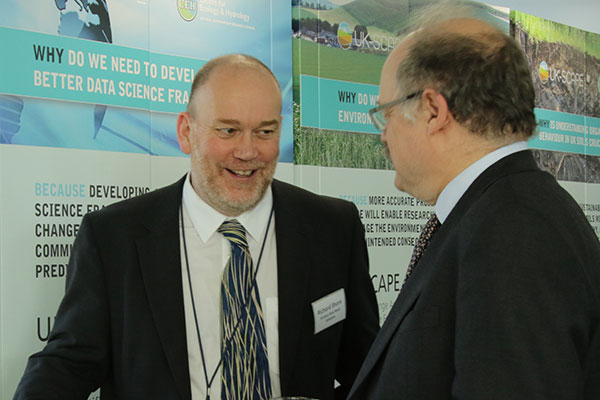
Professor Richard Shore, who died in July 2020, was a much-loved colleague, mentor and friend. He made a huge contribution to pollution and wildlife science worldwide.
Richard's research centred on studying the exposure and effects of pollutants, biocides and pesticides in wild birds and mammals, including:
- monitoring current levels of contamination of wild mammals and birds by pollutants, biocides and pesticides
- identifying new chemical threats to wildlife
- understanding how and why contamination varies geographically and over time
- understanding what drives the transfer of chemicals along food-chains
- investigating, assessing and predicting the impacts contamination may have.
The results from this research help identify chemical risks, develop appropriate assessment and mitigation strategies, and guide the formulation of effective policies to protect environmental and human health.
Richard authored or co-authored more than 250 papers, book chapters, articles and contract reports on my work. Web of Science listed publications can be found by clicking here and a full listing is available through the NERC Open Archive (NORA).
More details about our long-term, large-scale monitoring of contaminants in birds can be found on UKCEH's Predatory Bird Monitoring Scheme (PBMS) website.